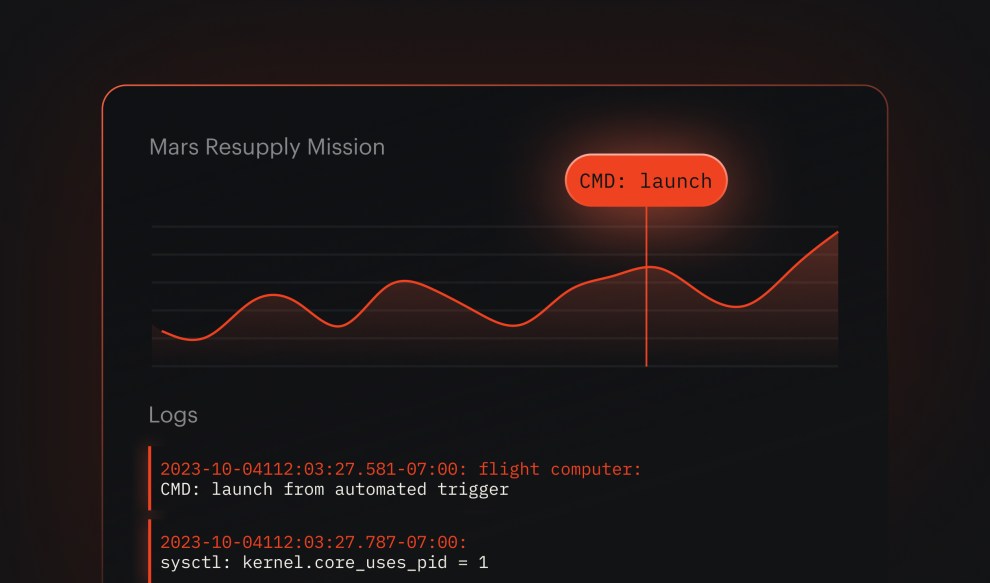A top-notch software stack is necessary for suitable hardware. Telemetry, or the gathering of vital real-time data on machine performance, is one of the stack’s components that best exemplifies this idea.
For hardware projects, a poor telemetry system might be fatal; thus, many businesses depend on costly, intricate solutions, such as combining many open-source telemetry tools created and maintained by a small team of engineers.
Two former SpaceX engineers launched the firm Sift, which aims to improve that with an end-to-end telemetry stack that enables “sifting” through machine data easier, less expensive, and more efficient.
Austin Spiegel and Karthik Gollapudi launched the Los Angeles-based firm in mid-2022. The two concluded that SpaceX’s excellent internal software tools, such as telemetry, are primarily responsible for the company’s success in hardware development.
Spiegel stated in a recent interview that “all of that software is what is the secret sauce of SpaceX that a lot of people don’t see because it’s not public.”
The two creators ought to be aware. Gollapudi led the flight software operations team for the Dragon spacecraft during his four years at SpaceX, while Spiegel worked on internal tools such as manufacturing systems, test automation systems, and the telemetry system for Starlink for almost five years (not including an internship). (Gollapudi told his manager he was leaving to start Sift the day he signed the launch readiness evaluation paper for a Dragon mission.)
After witnessing the disaster of Boeing’s Starliner OFT-1 demo trip in 2019, the two began considering telemetry-related problems. Gollapudi stated, “When I saw that, I was thinking it was some kind of hardware failure.” “If you read the Boeing press release, they stated [something like] ‘We had these cascading series of software failures due to poor software development practices and poor software testing.'” The fact that it was all software made it absurd, and for me, it was mind-blowing.
He said, “I realized that most people don’t build hardware the way SpaceX does.” Austin Spiegel and Karthik Gollapudi are the creators of Sift. Picture Source: Sift
The $7.5 million in investment the company has closed to expand its offering is evidence that investors have reacted favorably to Sift’s solution. Leading hardware investor Riot Ventures, enterprise SaaS investor Fika Ventures, and First Resonance, Datum, and Duro are among the investors contributing funds. The fund, Earthrise Ventures, founded by former SpaceX employee Scott Norman, gave the crew their first check.
Three pillars support Sift’s telemetry stack: storage, real-time analytics, and visualization. According to the two creators, these provide essential features to quicken hardware creation. Engineers can, for instance, compare sensor data from rocket engine testing precisely at engine ignition to time-aligned sensor data around the same event.
That’s why we’re constructing this massively influential infrastructure: to enable you to perform these historical longitudinal queries, such as “Hey, how did this engine look the last 100 or 1,000 times I fired it?” What is the comparison with the present? Stated Gollapudi.
Additionally, Sift’s stack encapsulates all machine behavior logic and rules such that, while the machine is in the field, the system only calls for an operator when anything is seriously going wrong. According to Gollapudi, this is a paradigm shift, as Sift incorporates institutional knowledge about machine behavior and encodes it from the start rather than gathering data and manually monitoring it. Additionally, Sift’s system makes use of object storage, which is a highly affordable cloud data storage solution, increasing the product’s affordability for smaller clients.
The firm wants to double over the next 12 months from its current ten engineers. Paying clients from various sectors, such as Parallel Systems, an autonomous electric train business established by a group of former SpaceX employees, are already using Sift’s technology.

